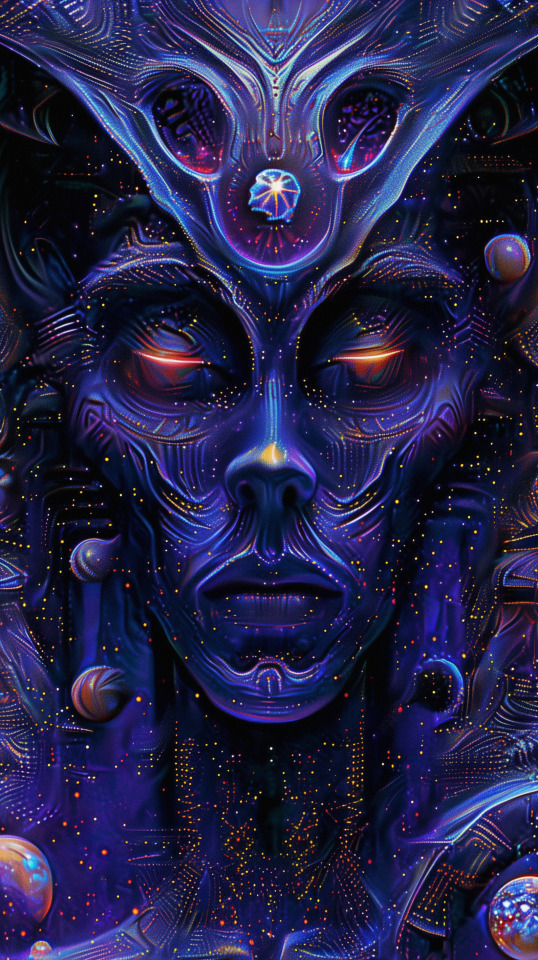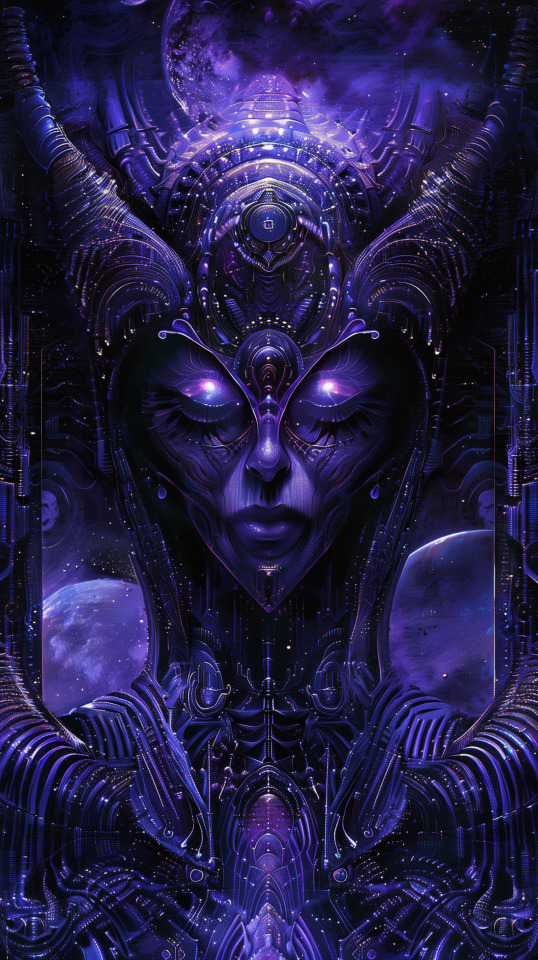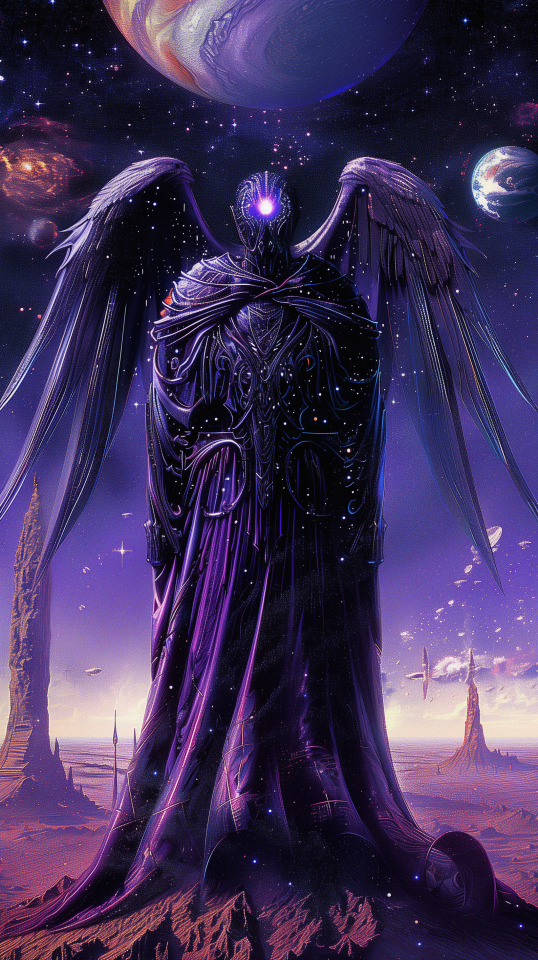#Rushd
Explore tagged Tumblr posts
Text

KISS EACHOTHER
#fionna and cake#scarab#prismo#prohibitedwish#prismo the wishmaster#the scarab#adventure time#my art#THIS IS SOO RUSHD IM SO SORRY IM JUST SO EXCITED
6K notes
·
View notes
Text
CENTRAL GAZA (Quds) — The occupation bombed Ibn Rushd School, which shelters displaced people in Al-Zawaida
#palestine#free palestine#gaza#free gaza#jerusalem#current events#yemen#tel aviv#israel#palestine news#lebanon#ibn rushd school#al zawaida#cw loud#cw death#cw injury
7 notes
·
View notes
Text
I know this is a wild thing to think but I hope bird flu remains minor for just a year or two so it can line up well enough that I can do my pathology masters or PhD on it... my university specialises in lung diseases, if that's combined with the power of bird autism I will be unstoppable.
#I've been reading a couple of of early COVID-19 research for university and oh my godddd they are so much simpler than any other paper#bc everyone was just scrambling to get any research out. I know it was awful but if my research is just rushed CD4 and CD8 graphs#and it can be a published paper that shows interesting new stuff.... maybe my published scientist dreams aren't too impossible#the article I'm referencing is actually rlly good (i was exaggerating when saying it was rushd) it's called#Reduction and Functional Exhaustion of T Cells in Patients With Coronavirus Disease 2019 (COVID-19)#a fun read if you like thinking about viral induced immune deficiency in ICU patients#uni posting
2 notes
·
View notes
Text
im 2 hot ppl wnna kill me 4 it
#txt#jus got fuckn bumrushed by a truck n th middle of th road#guy lichrally tried 2 run me ovr#he baitd me n2 th road n thn rushd me#yall
6 notes
·
View notes
Text

[ canon vicar ass ]
#|| mater sanguine † ooc ||#yes i did amelia first and rushde the forbidden woods to get the clothes. what of it.
2 notes
·
View notes
Text

#ignorance#equation#ibn rushd#crypto#defi#freedom#liberty#libertarian#libertarianism#voluntaryism#anarchocapitalism#financialfreedom#privacy#thorchain#daily quotes#quoteoftheday#quote of the day
3 notes
·
View notes
Text
Ben Maimon was Andalusian. One of the most important if not the most important Jewish Scholar of the Middle Ages. Ben Maimon who was Saladin's personal physician and advisor.
Ibn Rushd was Andalusian. The father of rationalism in the West. Arguably the most influential European philosopher in the past thousand years (or two).


This person is so funny because this isnt the first time they hate on Al-Andalus and the speak about the Christian rule of Spain positively. People quote rting and being like "Islam is nazism" like do we all know what happened after reconquista and hundreds of years of spanish "exploration" oooorr....
I legitimately don't care about al-andalus I just think its funny how people HATE it so much literally only because it's muslim.
406 notes
·
View notes
Text
Islamofobi och demokratiska rättigheter
Islamofobi och demokratiska rättigheter. Islamofobin sprider sej i Sverige. Med islamofobi menar man rädsla för eller aggressivitet mot människor som har Islam som sin religion. Man kan också mena rädsla för eller aggressivitet mot själva religionen. Själv är jag socialist och dessutom ateist. Hur ser jag då på religion. Ibland har jag fått frågan hur jag ser på kristendomen. Mitt svar blir då en…
0 notes
Text

FINALLY I AM DONE now i will continue doing the other detey art i hav onthe works thanks 4 staying w me through the journey of this short comic............................... i couldnt have done it alone.................... its kinda rushd im sowwyyyyyy LMAO
read again?
#detey#dog man petey#dogman comic#dogman movie#lil petey#petey fanart#petey the cat#dog man#dogman x petey#petey x dogman#dogman
335 notes
·
View notes
Note
HAII WOULD IT BE FINE IF I ASKED FOR BOTH NSFW OR SFW HCS OF FLOYD (AFTER THE EVENTS OF TBT)?? BASICALLY THE READER REUNITES WITH FLOYD AFTER WHAT HAPPENED BECAUSE THEY HAD NO IDEA 😣





Floyd and his S/O after the events of TBT
Pairings: Floyd X Reader
Warnings: Floyd being an cutie patootie, Fluff, slight angst
A/N: NGL I WANNA MAKE THIS AS AN FULL COMIC NEHEHEH but also Yall are married
- Floyd literally had to tell the group to go to your shared pod from where you two where staying before he got taken away. He was focusing on you the whole time before he got captured it was two days before your wedding together
- “Wait! John Dory take an turn here! We need to get to my place” John Dory raised an brow the others confused but did as Floyd instructed - When they arrived to the f/c and pink pod, and floyd noticed the messed up pod broken items around the main area of the pod - Floyd had an look of worry on his face as he rushd to your bedroom brozone confused as they hear loud sobbing from the bedroom - Floyd opened the door to see an f/c troll shaking while crying on the floor holding an picture against their chest he walked over to you quickly as you turned to look up at him to see the others staring at the scene of Floyd walking over “Honey?” You stared up at him - the sadness washed away as you stood up walking towards him dropping the photo and stared up at Floyd before punching him as he sighed - The others where gonna start being overprotective as Floyd chuckled rubbing his cheek before you hugged him crying “Y-You asshole!” You sobbed into his chest “I’m sorry I’ll explain everything okay? Please don’t be mad” void looked up sniffling “How am I not mad! You left me for two months! It was two days before our wedding Floyd you think I wouldn’t be mad!” All brozone members jaws drop
- Floyd introduced you as his fiancé and future spouse while you glared up at him wiping your tears cursing Floyd out as he frowned hugging your waist.
- Bruce literally had to give Floyd tips about being an good husband since the man is married himself
- when driving back to pop village Floyd and the others explained everything to you. You sobbed more clinging to Floyd “those idiotic teenagers! They deserved to go to jail! What they did to Floyd! I should of been there to beat them up and teach them an lesson!” “Honey your scaring my brothers…” “How?” Floyd motioned towards the snapped crowbar in your hands “Oh… Sorry JD I’ll get you an new one”
- You explained to poppy about you and Floyd’s wedding before he got taken away as poppy bawled saying that it was depressing that it was just you two
- she begged to be the bridesmaid… and make you guys the best wedding
- You did get married later on but after what happened to Floyd he was more aware of his surroundings
- flinched out loud noises and makes sure to quickly grab your hand to make sure that he isn’t separated from you
- Late night random talks like always while cuddling and he would hold onto you more then he usually did after the effects of what velvet and veneer did to him.
- please soothe him with kisses and words of affirmation
- Has to be around you or hold you whenever he can to be at ease scared that if he lets go he’d be taken away from you again
- definitely developed anemia or like Ménière’s disease which is an rare inner ear condition that can affect your balance and hearing it can’t be cure but treatment can help symptoms of it.
- when he gets episodes and he loses balance you have to rush over and hold him comfort this man please!
- cries in your arms as he clings onto you for dear life whispering many apologises for making you wait for him for 2 months
- Would beg you to please understand how he didn’t mean for that to happen to him and you’d have to cry as-well holding him close telling him it’s alright.
- you moving his hair out of his face makes him melt as you pepper his face with kisses telling him he’s safe and your there.
reblogs + comments are appreciated ⸜(。˃ ᵕ ˂ )⸝♡
©brights-place 2024 — do not repost on another platform, copy, translate or edit my works! if you fit my DNI list please don't interact!


#fluff#headcannons#x reader#trolls art#trolls x reader#dreamworks trolls#trolls 3#band together#trolls band together#trolls movie#trolls#trolls Floyd#pink troll#emo troll#Floyd troll#trolls floyd x reader#floyd trolls#pink floyd#Floyd#Floyd X Reader#WHDIWNKR
843 notes
·
View notes
Text
My favorite religious beliefs are the ones that neither make a lot of sense nor follow from a straightforward reading of the canonical texts. Dumb ideas that only a very clever person could have come up with.
Top three that I can think of off the top of my head (please add more):
Rabbi Isaac concluding that Melchizedek (a guy who shows up in all of two sentences) must have born circumcised, since he's "salem" (perfect) but was born before the promulgation of the commandment he would have needed to follow in order to be so. Really have to peel back the layers of the text to figure this one out. *ducks*
Immaculate conception. One reading of this is that theologians painted themselves into a corner with original sin and came up with a superfluous non-solution to their self-imposed problem. I guess the other reading is that the Catholic church rejected the Gospel of James as scripture and then canonized its views 1400 years later, as a meditation on the divine mysteries of paraconsistent logic.
What happens when two exclusive cannibals have a baby?: 1. Aristotle thinks most of the aspects of the mind/soul must be physically embodied to exist. The exception is the intellect, but it's unclear whether this "intellect" is compatible with the folk notion of a soul (e.g., personal memories persisting after death). 2. Ibn Rushd (Averroes) answers in the negative. We all have immortal souls, but they're actually just the same soul. All the personally distinctive stuff is the (mortal) body. 3. Thomas Aquinas hates this, but is wedded to Aristotelian philosophy. I can't say I understand his synthesis, but he does insist on a belief in the bodily resurrection in the end times. The embodied parts of your mind/soul are ultimately restored to you; it's only mortal in the short term. 4. Ok, but what happens if you lose an arm? Well, what happens if you lose an arm and someone else eats it? {increasingly elaborate thought experiments about cannibalism and resurrection}
100 notes
·
View notes
Text
really funny when people online discover classical/medieval texts and start posting exerpts like theyre some profound revelatory truths of the universe and not like. hundreds-of-years-old philosophical texts. like yes you should read them but you only sound smart quoting plato or ibn rushd or ben maimon if you like. actually add some commentary on it. otherwise it feels like poserism/bait ngl
38 notes
·
View notes
Text
"Meow."









Name: Chisuke [NO LAST NAME]
Age: 18
Ability: UNKNOWN
Gender: ???
Pronouns: It/Bleed/Shx/They
ooc - hi very rushde intro post, mod is @beautyoffangsandclaws
lets try this again, chisuke blog!!
@valentinos-corner @city-of-c0rpses
#bsd#bsd oc#oc bsd#bungou stray dogs#bungo stray dogs#bsd roleplay#in character#bsd rp#unreality#ocposting#oc picrew#bungo gay dogs#bungou gay dogs#intro post
11 notes
·
View notes
Note
Question: who was the Islamic philosopher you mentioned in that post? The one whose thoughts / works partially survived thanks to Jewish philosophers? I'm curious.
Also, on a broader note, it's interesting to think about: that even after death, even if some may try to destroy your work or erase your existence, there will still be other people who help your ideas live on anyway.
Ibn Rushd! Also called Averroes in the West. His books were translated into Hebrew and "inspired a renewed interest in the interpretation of scripture and the Jewish religion" (from Reopening Muslim Minds). The famous Jewish philosopher Maimonides was a fan of his! Christians were also inspired (specifically by his commentary on Aristotle) but the Catholic Church was not a fan. Especially about ideas like "women have the same intellect as men and should occupy the same positions in society men do, including as rulers, and its only because society wont educate them that they don't know things, and this makes our countries worse." He was also extremely pro-philosophical questioning & thought the Quran should be read allegorically.
166 notes
·
View notes
Text




Zadakiel, Archangel of Jupiter ♃ Talon Abraxas
Zadkiel, the Archangel of Jupiter, is one you may not have heard of before. Unlike Michael or Gabriel, his images don't often adorn the walls of art museums or stained glass windows. But among all the Planetary Angels, his name gives the most suggestive evidence that there's a long tradition linking angels and planets.
In Hebrew, the name for the planet Jupiter is "Zedek," which translates as "righteousness." Righteousness conveys the sense that one has been "justified by God" -- something that has integrity, is true, or in alignment with the cosmic pattern. One who is righteous can see clearly, and is therefore able to act with justice and mercy, as well as to reveal the truth or prophesy. These happen to be some of the oldest associations with the astrological Jupiter.
Angel names often end with the suffix -el, which simply means "of God." There's a tradition of appending -el to other terms to signify the angel associated with the word. Consequently, in Hebrew the angel of righteousness, or the angel of Jupiter, would be called "Zedek-iel"
Zedekiel, or Zadkiel, or one of its various spellings, is found mentioned in some of the earliest references to angels. The earliest Christian compilation of the seven archangels, written in the 5th Century by Pseudo-Dionysius in his Celestial Hierarchy, incudes Zadkiel among their number, as does Pope Gregory's list from the 6th century (spelled either Sachiel or Zachariel.) In his 12th-century writings, the great Spanish-Arabic scholar and scientist Averroës (Ibn Rushd) named Zadkiel/Sachiel the archangel of Jupiter, a tradition that was copied by authors in later Medieval and Renaissance magic and angelology.
As an angel of mercy, some Talmudic texts claim that Zadkiel is the unnamed angel who stays Abraham's hand, preventing him from sacrificing his son Issaac. (Because of this Zadkiel is sometimes shown holding a dagger.)
Given his association with Jupiter, it's not uncommon for New Age authors to associate Sachiel with rituals of abundance and prosperity. The modern astrological sense of Jupiter is a bit like the planetary Santa Claus, the jolly generous giver of gifts. That's not too far off, if you remember that Santa "knows when you are naughty or nice," and gave gifts accordingly.
The Archangel Zadkiel brings abundance and prosperity when we are acting with justice, fairness, and generosity ourselves. He teaches that when we are in right relationship with the cosmic order, our needs will be met. Or, if we have a need or a lack, as the Archangel of mercy, Zadkiel will aid in our efforts to obtain what we seek when we ask for his assistance. Zadkiel also brings us luck, when we are doing our best, and forgiveness, when we've fallen short of the mark, in order to start again.
As the Archangel of Jupiter, an auspicious time to make request to aid from Zadkiel is Thursday, Jupiter's day.
25 notes
·
View notes
Text
The keffiyeh is not a terrorist rag. Just like khilafah doesn’t equal extremism. And women covering themselves isn’t oppression. These labels weren’t about “freedom” or “democracy”. They were strategic narratives, designed to demonize entire cultures and justify invasion, control, and exploitation. And guess what? The world ate it up.
The British Empire alone has blood on its hands that puts any so-called “radical group” to shame. This is the same empire that invaded or waged war in 171 out of 193 countries which is almost 90% of the planet. They didn’t just visit these places; they looted, enslaved, murdered, and starved people on an industrial scale.
A few highlights (read: horrors):
1. Bengal Famine (1943): Caused by British wartime policies and food exports. Over 3 million bangalies died while Churchill said, “Indians breed like rabbits.”
2. Amritsar Massacre (1919): British troops opened fire on unarmed Indian civilians. 379+ killed, over 1,000 injured in under ten minutes. No warning. No remorse.
3. Kenya (1950s): During the Mau Mau uprising, Britain set up concentration camps, tortured and killed thousands of Kenyans. Survivors were mutilated and brutalized—many documents about this were deliberately destroyed to hide the crimes.
4. Tasmania (1800s): British settlers wiped out nearly the entire Indigenous Tasmanian population in what’s now considered a genocide.
5. Boer War (1899-1902): Britain created the world’s first concentration camps. Over 26,000 women and children (mostly Afrikaners) died from disease and starvation inside.
And this is just the British. We haven’t even touched the French in Algeria, the Belgians in the Congo (where 10 million+ Congolese were killed), or the Spanish in Latin America. Now the United States is just putting the icing on the cake.
They claim to be the flagbearers of civilization and education. Ask yourself, who created the first university in the world? The oldest or first university in the world, established in 859 AD in Fez, Morocco. Who were the light bearers of invention, science and discoveries? Our kind. Do you think they only stole land and looted wealth? They stole ideas, and inventions as well. They white washed our scholars and scientists and academics. Ibn Sina became Avicenna. Ibn Rushd became Averroes. The list is endless.
And yet somehow, these are the people who get to write the rules? Who get to tell the rest of us what’s civilized, what’s radical, what freedom means?
It’s wild that the biggest colonizers and warmongers in history now sit on global thrones telling the rest of us how to behave. They wave the flag of democracy, claiming it to be superior than the laws given by the lord, while all they do is use it as a disguise to ravage through the world. they flipped the script so well that they get to play the role of saviour, and we get labeled as threats. Nah. Everyone sees through the lies, now. The real extremists wore suits and sailed ships with flags.
6 notes
·
View notes